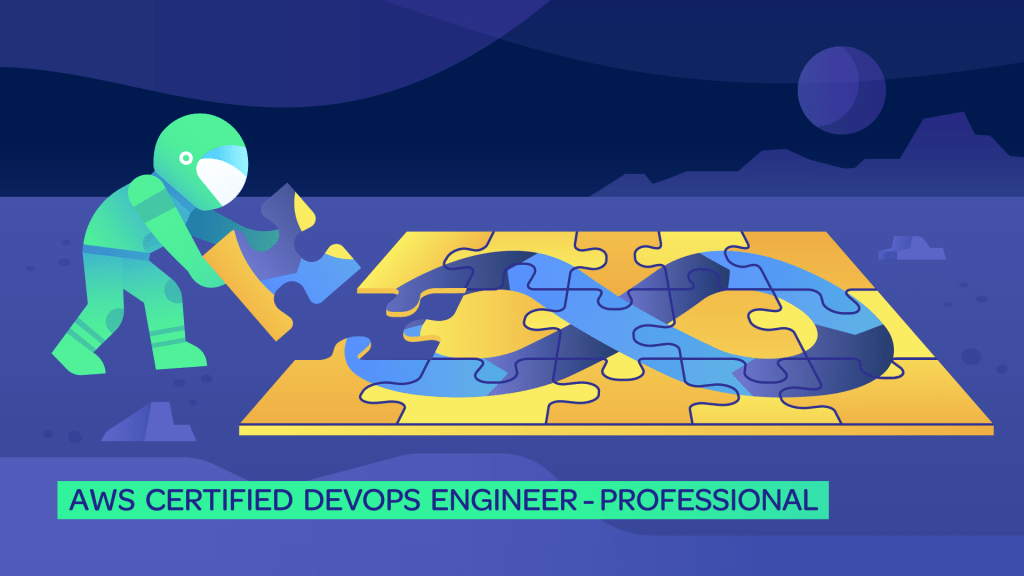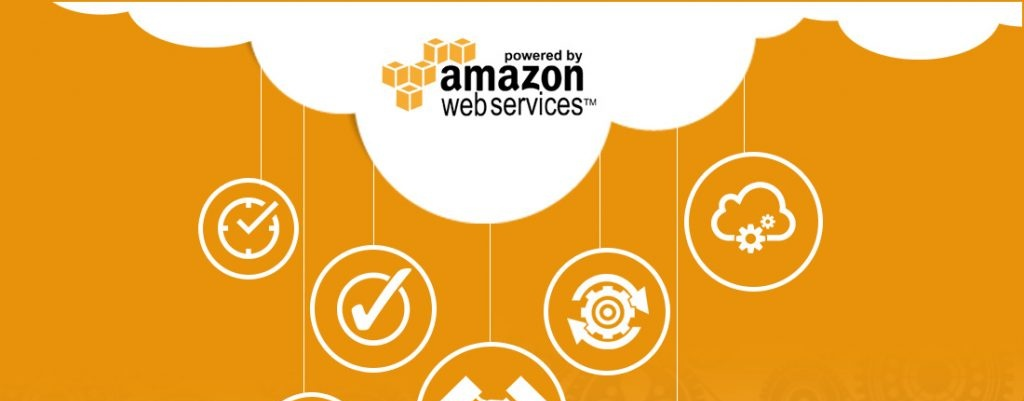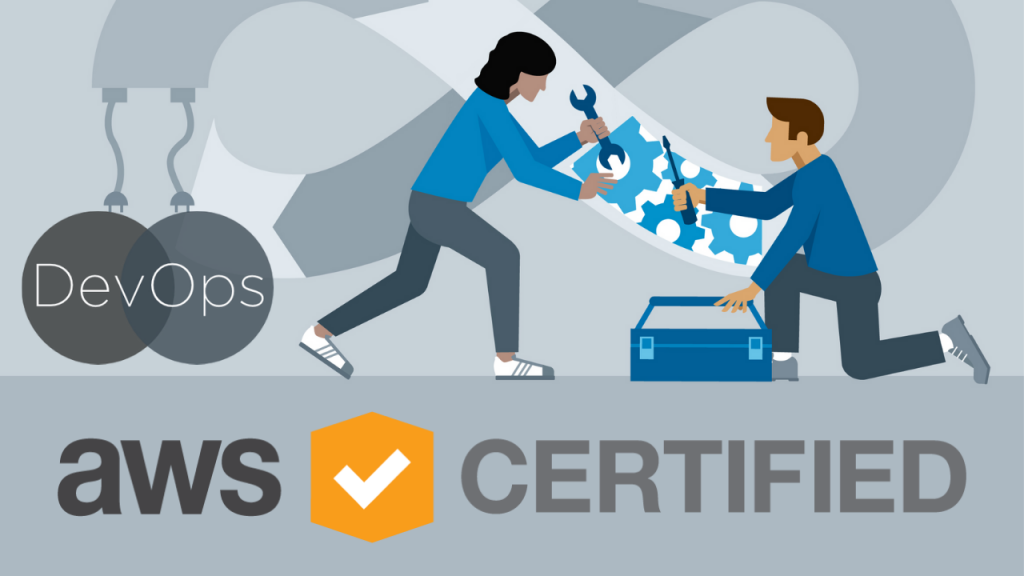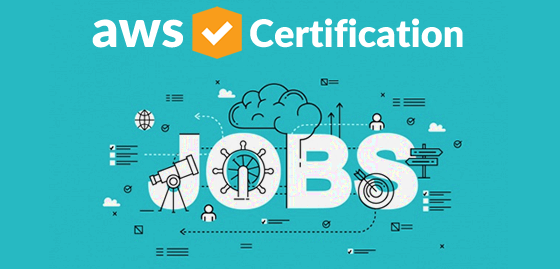DevOps methodology exists for more than 10 years already and is very popular and demanded nowadays. A lot of people want to become DevOps engineers, especially AWS, Google or Azure engineers. Today we’ll talk about the way to become a DevOps engineer and how you can become an AWS DevOps.
The main thing you should know is that the DevOps learning curve is very high. You can’t just learn a programming language and automation tools to become a good DevOps engineer. It is necessary to have several years of experience as a system administrator to have a deep understanding of all the DevOps services and processes.

What does DevOps engineer do?
The main task for a DevOps engineer is to automate the routine processes and make them more efficient. Also, DevOps specialist should manage the infrastructure, look for bottlenecks and remove them. DevOps engineer should know how to create deployment infrastructure and work with its settings. There is a big stack of technologies DevOps engineer should know. The good news is that in order to become an AWS DevOps engineer you should know how to work mostly with AWS tools.
AWS has its own courses and manuals. You can study online and offline. Also, the platform has free courses. You can become a certified DevOps engineer after completing the course. Thus, all you need is sysadmin’s experience, aspiration to learning, time and practice.
Advantages and disadvantages of becoming an AWS DevOps engineer
The main advantage is skillset expansion. You’ll learn how to work with one of the biggest cloud platforms, which is very useful for your future work. AWS has a lot of great tools that can be interesting for your future customers. DevOps engineer should always develop skills and learn new tools. Also, AWS certification is a really prestigious or DevOps engineer. It might help you to find the first job as a DevOps engineer.

Talking about the disadvantages, we can’t say there are some critical downsides. The main issue you can face is the vendor lock-in if you want to migrate from AWS services to another platform. To avoid this situation, we recommend you to learn as many tools as possible and use them in your work.
Anyway, during the work, you’ll receive more and more experience and will understand what tool is better in which situation. Also, you can become only the AWS specialist and don’t try to cover all the existing tools. But still, it is very important to know different ways of DevOps transformation and cloud infrastructure management.
Conclusion: DevOps engineer is a swiss army knife
As you can see, the DevOps engineer should know a lot of stuff. Also, he/she should know how to use this knowledge in practice. The bigger your skillset and experience is, the more demanded professional you are.

You can learn AWS tools and other services but don’t forget to practice them. Unfortunately, theoretical knowledge is not enough for a qualified engineer. To receive practical experience, you can get a job as a freelancer, as an outsourced specialist or as the regular in-house DevOps engineer in your city. The choice is totally up to you. Every variant has its own pluses and minuses, so choose the most appropriate one.
The common knowledge is that the most experienced DevOps engineers work for Managed Service Providers (MSP) because here they can receive very different experiences on different projects and try to implement multiple tools. So, if you are a DevOps engineer looking for a job, find a good MSP company and try to work with them. If you’re a customer looking for an experienced DevOps engineer which can work with AWS and other services, find a reliable MSP and they will dedicate you a team or a single engineer for your project.
